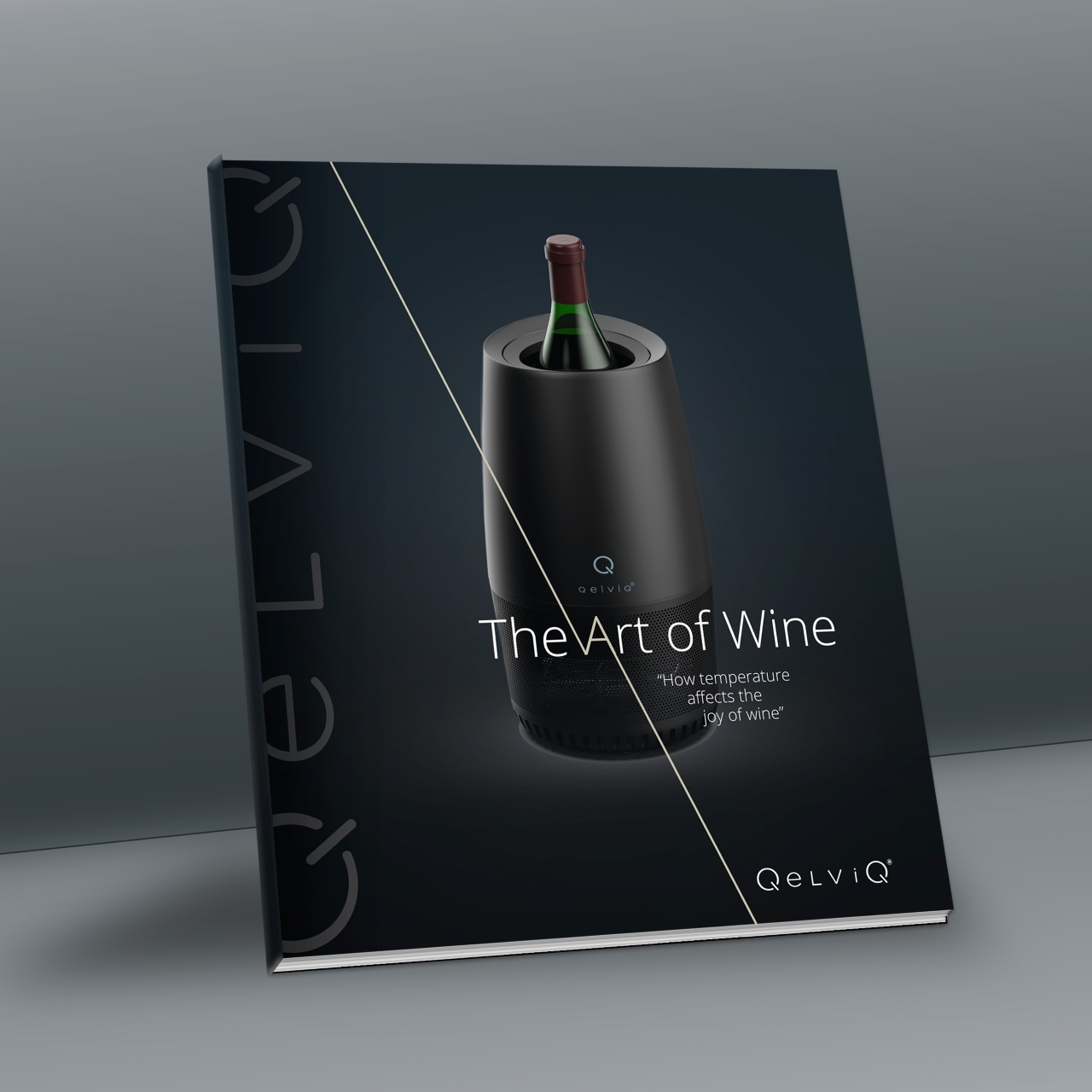The Rise of Natural Wines: What You Need to Know| QelviQ
The wine industry has experienced a significant shift in recent years towards natural wines. This movement has been gaining popularity among wine enthusiasts who are seeking a more authentic and sustainable approach to winemaking. In this article, we'll explore the rise of natural wines and what you need to know about this emerging trend.
What are Natural Wines?
Natural wines are made using minimal intervention in the winemaking process. The grapes are grown without the use of synthetic chemicals, and the wine is produced using only natural yeasts and without added sulfites. This approach emphasizes the use of traditional winemaking techniques and values the role of the vineyard's terroir in shaping the wine's character.
The natural wine movement emerged as a response to the industrialization of winemaking, which has led to the widespread use of pesticides, herbicides, and other synthetic additives. Natural winemakers prioritize sustainability, transparency, and respect for the environment, as well as the unique qualities of each vineyard.
What Makes Natural Wines Different?
The most significant difference between natural wines and conventional wines is the winemaking approach. Natural winemakers use only minimal intervention in the cellar, relying on traditional techniques such as hand-picking grapes, wild fermentation, and aging the wine in oak barrels. This approach emphasizes the wine's terroir, or the unique characteristics of the vineyard's soil, climate, and grape varieties, which can be expressed in the wine's aroma, flavor, and texture.
In contrast, conventional winemaking often uses chemical fertilizers, herbicides, and pesticides to maximize yields and prevent disease. Conventional winemakers also use commercial yeast strains and sulfites to stabilize the wine and prevent spoilage, resulting in a standardized, predictable product that may not reflect the terroir or the vintage.
Another difference between natural and conventional wines is the taste. Natural wines tend to have a distinct, funky flavor profile that can be polarizing. This is due to the use of wild yeast, which can produce unexpected aromas and flavors, and the lack of sulfites, which can contribute to a slightly hazy appearance and a slight effervescence in the wine.
What are the Benefits of Drinking Natural Wines?
There are many potential benefits to drinking natural wines. For one, they tend to be lower in alcohol and calories than conventional wines, which can be an attractive option for health-conscious wine drinkers. They are also often more sustainable and environmentally friendly, as they are produced using organic or biodynamic farming methods.
In addition, natural wines can be a unique and exciting addition to any wine lover's collection. Their distinct flavor profile and unpredictable character can be a refreshing change from the uniformity of conventional wines. Many natural wines are also produced in small batches by independent winemakers, which can be a way to support local businesses and discover hidden gems.
What are the Challenges of Drinking Natural Wines?
Natural wines can also be challenging to pair with food, as their flavor profile can be unpredictable. Some people may find the funky, sometimes sour, or even barnyard-like flavors off-putting. It can take some experimentation to find the right natural wine to pair with different dishes and to find a style that suits your personal taste.
Finally, it's worth noting that not all natural wines are created equal. As with any wine, there can be variation in quality, taste, and style. It's important to do your research, read reviews, and taste a variety of natural wines before deciding which ones to add to your collection.

Wine lover? Want to learn even more? Download your FREE 64 page e-book!

"Hi l am Wim, sommelier, and wine enthusiast just like you! My fellow sommeliers understand the importance of serving wine at the correct temperature. They know that if wine is too warm, it will lose its flavors and complexities, and if wine is served too cold, it will numb your taste buds. A few world renown sommeliers and myself will explain this further, and share some interesting (taste) case studies."
